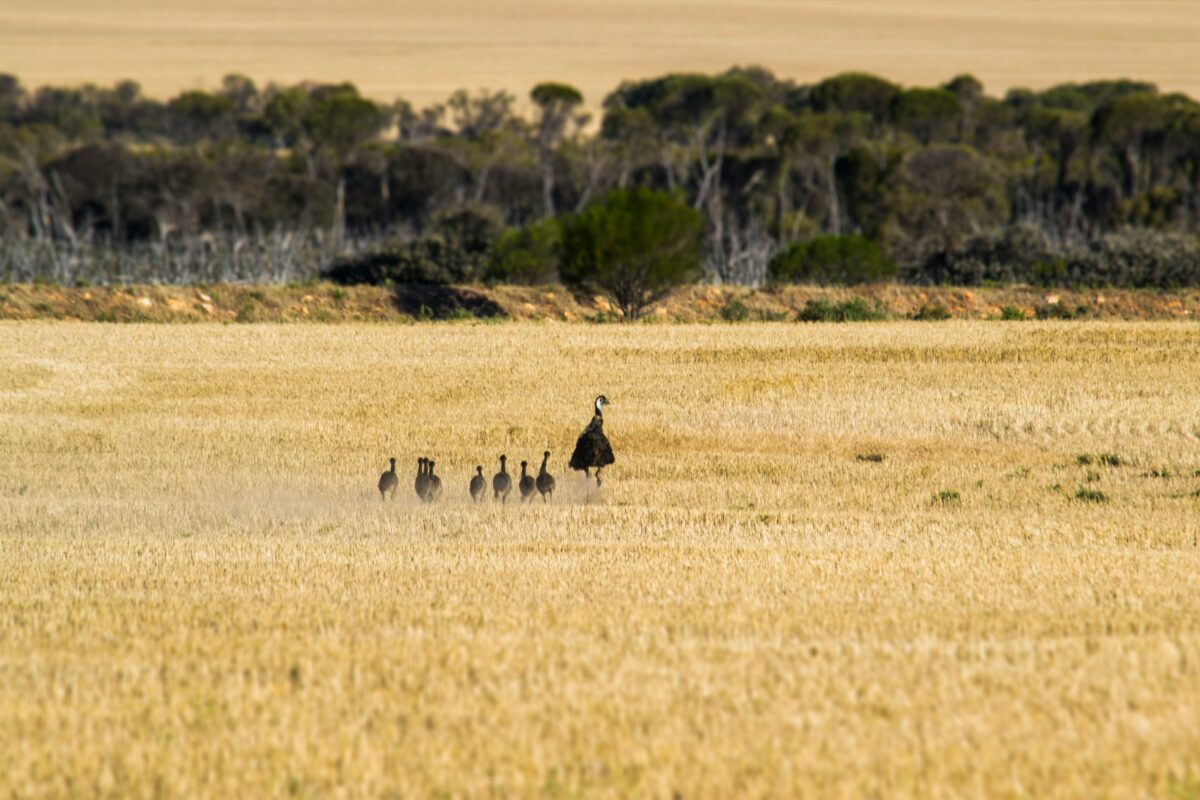While containing some positive initiatives, last night’s budget lacks the urgency, scale and direction needed to steer public and private investments towards the 50% emissions reductions needed across the Australian economy this decade, said the Carbon Market Institute (CMI).
“It’s disappointing to note that overall climate spending is predicted to drop and, while the extra $1.3 billion of investments is aligned to the Government’s Low Emissions Technology Roadmap, that roadmap is still undermined by a lack of policy guidance for private investment and overly reliant on voluntary corporate action,” said John Connor, CMI CEO.
“Without clearer industry wide policy guidelines and with heightened global uncertainty, including that brought about by the events in Ukraine, investors are reluctant to make the decarbonisation investments necessary if policy frameworks allow others not to do so.”
“We need stronger policy measures, including a stronger Safeguard Mechanism with declining baselines in order to stimulate the decarbonisation investments required to halve Australia’s emissions this decade.”
CMI noted that at least part of the extra $1.3 billion in investments in hydrogen, carbon capture and storage and microgrids in the budget came from the potential dividend in recent changes to fixed carbon abatement contracts (CACs). These changes allow carbon abatement project proponents to negotiate an exit from government contractual agreements to purchase carbon reduction with the payment of exit fees.
CMI warned that although these contract changes under the Emission Reduction Fund (ERF) could deliver a double dividend of over $2 billion, they may be as little as half of that given uncertainties about uptake by project proponents. The Government has committed to use this dividend for ERF or emission reduction activities.
“Exact details of Government estimates of the dividend were marked as “not for publication”, perhaps understandably as they are still to be fully determined, however it is clear some dividends have been directed to the $1.3 billion allocation of “new investment to maintain energy security, keep downward pressure on energy prices while reducing emissions.”
With over 90% of the fixed CACs related to land-based emission reduction actions, CMI has said that at least a significant proportion of this dividend should be directed to land-based carbon farming methodologies, technology innovations and improvements.
“What is less clear is the future of the further $2 billion committed to the ERF under the previous “Climate Solution Fund” (CSF) commitments. We understand that under this budget there are no re-allocations or cuts of ERF and CSF funding, and they will not be part of reported $3 billion future cuts.”
The government’s recent announcement stated that ERF fixed contract changes will free up past or pending verified and credited emission reductions, in the form of Australian Carbon Credit Units (ACCUs), for use by corporations as offsets under mostly voluntary schemes.
“We should not have a public and private investment policy framework that allows use of carbon credits, or carbon capture and storage technologies for that matter, without driving investment into real and verified emissions reductions at the scale required this decade.”
“This is particularly important at a time when certain elements within the Australian carbon market are under scrutiny, with critics levelling their concerns at the crediting framework in particular as a primary source of concern.”
“It was also disappointing not to see enduring and additional aid allocations to support developing countries adapt to growing climate impacts, as well as broader loss and damage, especially with November’s COP27 international climate meeting to have a focus on this. CMI will continue to work with the Government and the region to make sure the previously funded Indo-Pacific Carbon Offsetting Scheme and other low emission technology partnerships are investable and of high integrity.”
CMI welcomed tax changes worth an estimated $100 million over forward estimates that recognise carbon farming activities are agricultural or “primary production” activities.
“The recognition of carbon farming as primary production is important as it highlights its potential as an integral part of agricultural production, but must be considered in the context of additional veto powers on some carbon farming methods being considered by the Government.”
“We also acknowledge ongoing commitments for soil carbon measurement and for agricultural carbon and biodiversity stewardship initiatives which can play a role in helping to address our twin climate and biodiversity crises – but needs to be backed by stronger policy and investment frameworks.”
“Overall, this budget contains some welcome initiatives, but lacks the urgency, scale and supporting policy direction to ensure the Australian economy is adequately reducing emissions and recognising economic opportunities in a timely transition to net-zero emissions before 2050,” concluded Connor.
The Carbon Market Institute is the independent industry association for business leading the transition to net zero emissions. Its over 130 members include primary producers, carbon service providers, Indigenous corporations, legal, technology and advisory services, insurers, banks, investors, corporate entities and emission intensive industries developing decarbonisation and offset strategies.
For further information, contact Thomas Hann on 0408 880 536 or thomas.hann@carbonmarketinstitute.org



